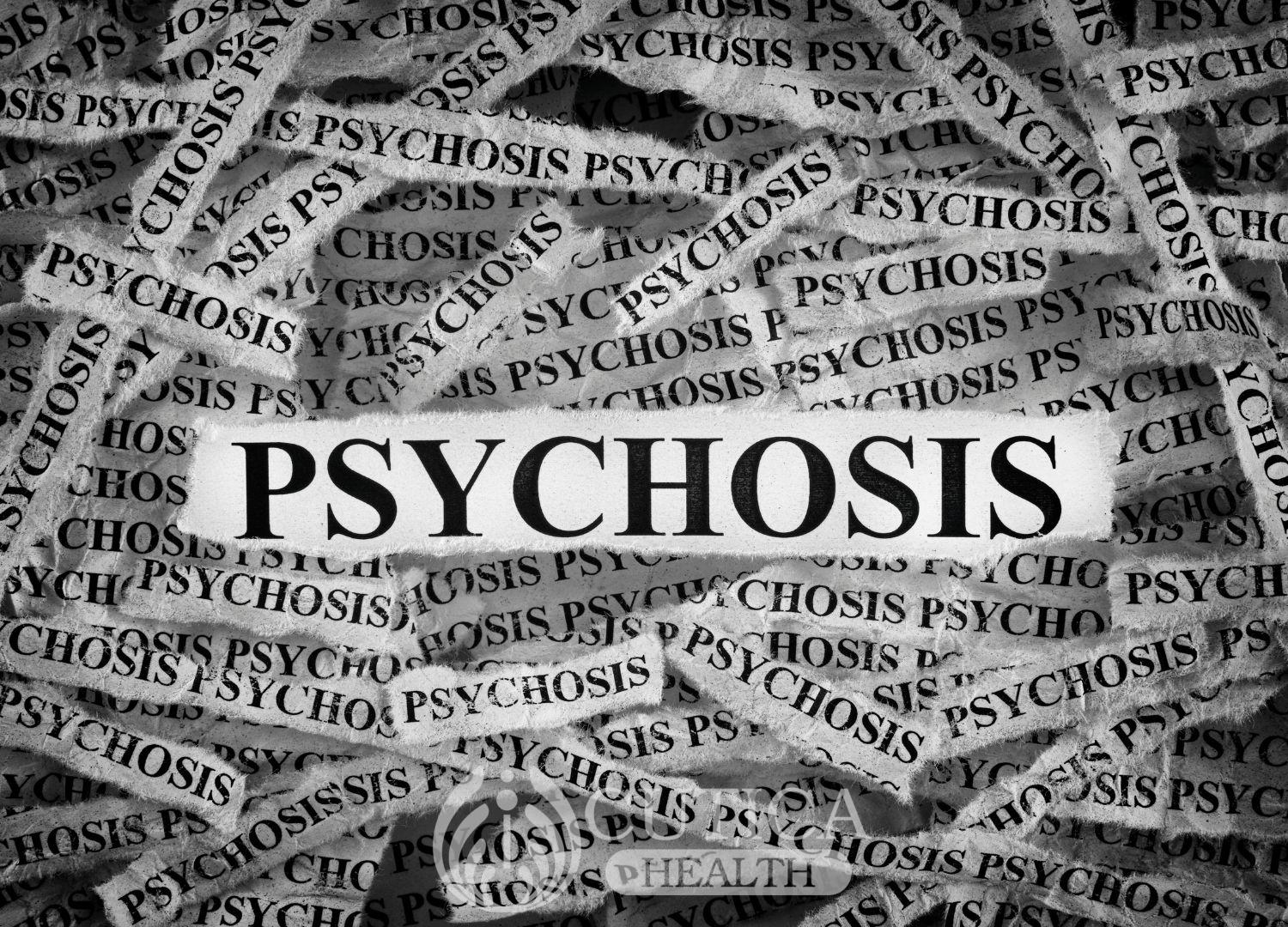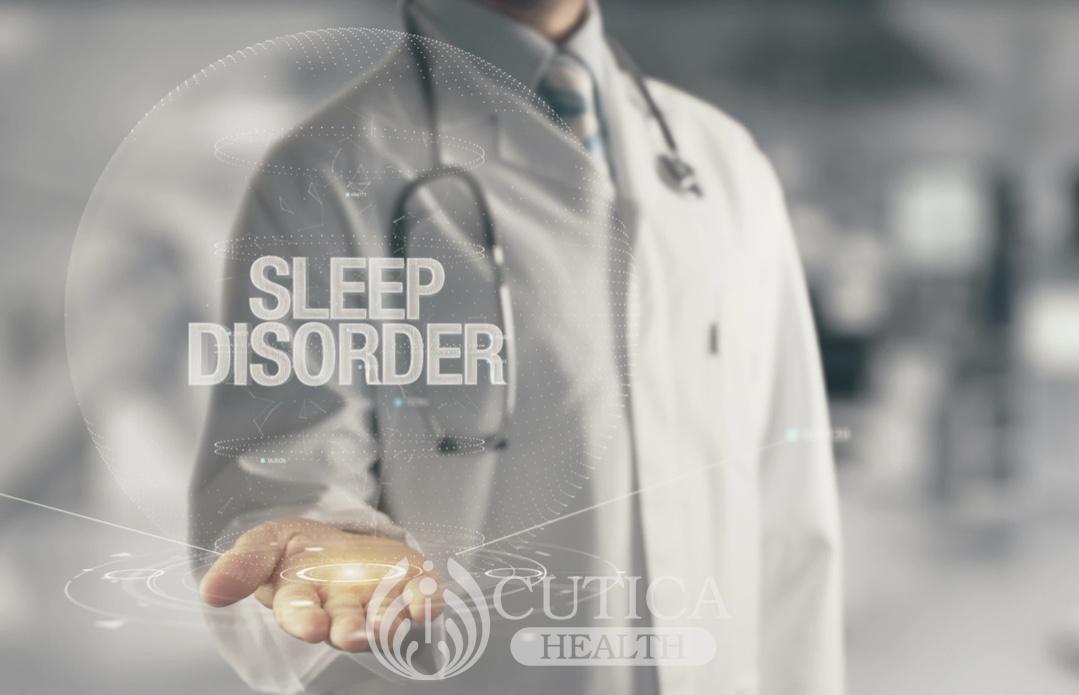
" During Alice's 1st year in University, her friends introduced her to marijuana (weed) and alcohol. She drank and smoked liberally all through the semester. When she went home for the semester break, she couldn't get access to weed and alcohol as she could in school. Two weeks later, she started to complain about sounds no one else could hear and held the firm belief that the sounds came from her rotting brain. Alice is experiencing is substance-induced psychosis."
Substance /medication-induced psychosis can be defined as a form of psychosis that arises from the effects of a substance or from withdrawal when a person stops using a substance.
Psychosis refers to a collection of symptoms that affect how a person thinks, feels, behaves, and perceives the world around them. The major symptoms of psychosis include hallucinations (hearing, seeing, touching, or tasting things that can't be perceived by others), delusions (irrational false beliefs), disorganized thoughts, agitation/lethargy, difficulty remembering information, and lack of awareness of one's environment.
Substance /medication-induced psychosis is a brief disorder that causes hallucinations and/or delusions, disorientation, and memory problems. Substance- or medication-induced psychotic disorder is also known as alcohol-use psychosis, toxic psychosis, or drug-induced psychosis.

Substances and medication that may cause psychosis includes:
- Amphetamines
- Alcohol (excessive, long-term use)
- Cannabis
- Club drugs such as ectasy and MDMA
- Hallucinogens
- Hypnotics
- Opioids
- Phencyclidine (PCP)
- Sedatives
How long does it last?
Substance-induced psychosis is a temporary form of psychosis which usually resolves once the drug is cleared from the body. The symptoms arise quickly and disappear after days or weeks. Drugs such as amphetamines, phencyclidine (PCP) and cocaine may last for weeks or months before fading away. People with disorders such as schizophrenia may experience symptoms longer. A person who experiences a psychotic episode due to substance use has a higher chance of experiencing repeat episodes.
On a related note, substance and alcohol use may trigger long-term psychotic disorders in people who already have a risk of developing these disorders. Examples of such disorders are schizophrenia, schizophreniform disorders, and schizoaffective disorder.
Who is at risk for substance-induced psychosis?
People who misuse drugs and alcohol have the highest risk for substance-induced psychosis. But other factors can increase a person's chances of experiencing this form of psychosis.
Some of them are:
- Polydrug use (using multiple drugs together)
- Personal history of psychiatric disorders such as schizophrenia
- Family history of schizophrenia, other psychotic disorders, or mood disorders
- Genetic mutation or variations that increase one's vulnerability to psychotic symptoms.

How is it treated or managed?
Substance /medication-induced psychosis can be handled in several ways depending on the severity, the type of substance used, cause (drug effect or withdrawal), and the presence of underlying disorders. Client monitoring in a safe environment until the symptoms pass is sufficient in many cases. But medication, hospitalization, psychotherapy, and medically-supervised detox may be required in some situations.
Conclusion
Substance /medication-induced psychosis is a form of psychosis that arises from the effects of psychoactive substances and alcohol or during the process of withdrawal from drugs and alcohol. The symptoms start quickly but also fade away in a few days to weeks. However, alcohol and substance use may also trigger the onset of psychotic disorders such as schizophrenia. If someone around suddenly starts exhibiting psychotic symptoms, take them to the nearest emergency room or mental health facility for appropriate help.












